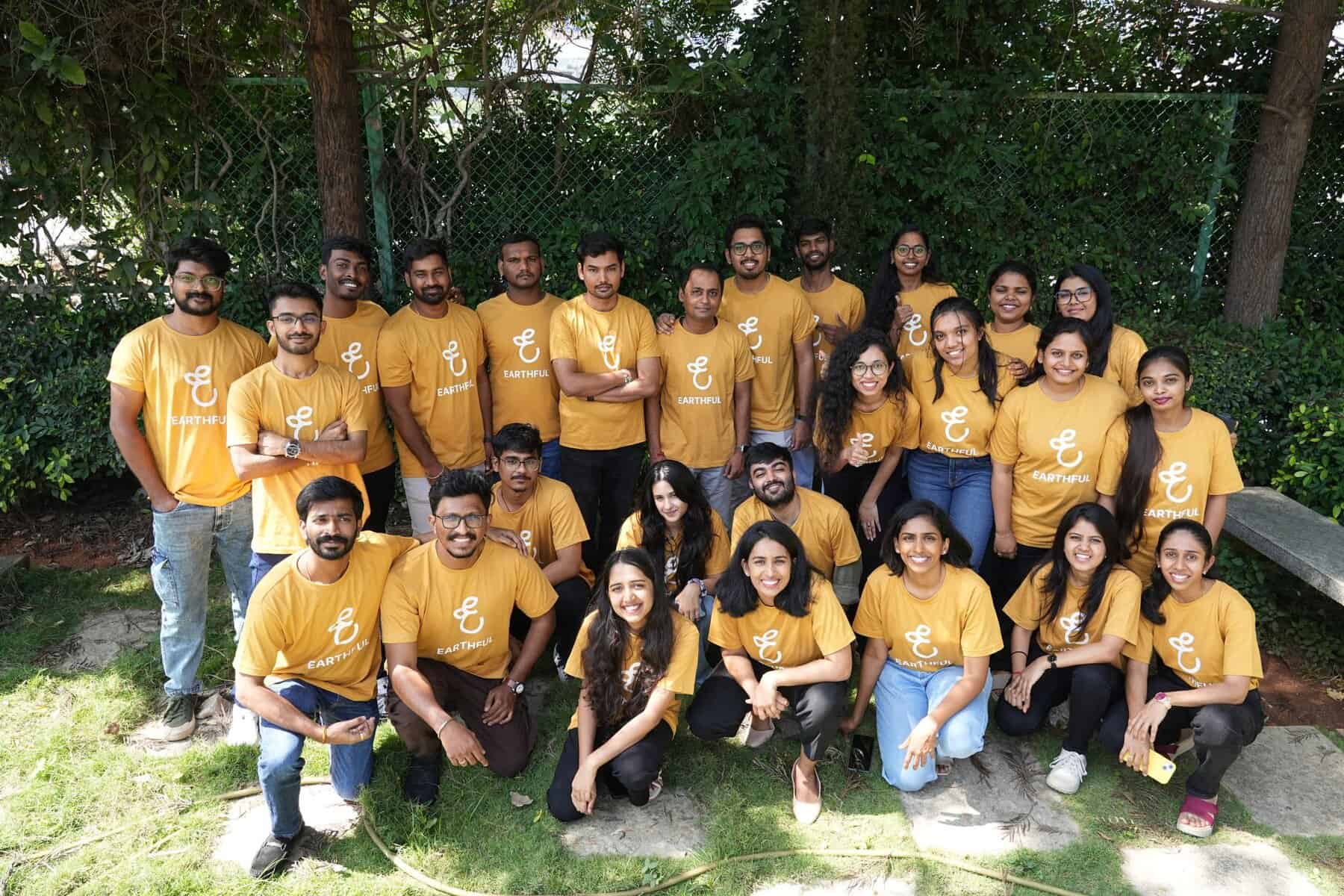

Bezos Earth Fund's Andy Jarvis calls for protein system overhaul to address climate and sustainability crisis
Andy Jarvis, Director of the Future of Food program at the Bezos Earth Fund, has issued a direct call for action to address what he describes as the global 'P-problem' – our growing demand for protein and its increasingly unsustainable environmental impact. Writing in a new commentary, Jarvis outlines how the current food system’s heavy reliance on animal protein is accelerating climate change and land degradation, while highlighting solutions that could support a more balanced and sustainable future.
“It's ironic that our pursuit of this essential building block of life – specifically animal protein – is destroying the planet,” Jarvis wrote.
Animal agriculture accounts for around half of the greenhouse gas emissions from the global food system, Jarvis noted. Nearly half of all habitable land on Earth is used for agriculture, with around 80% of that land allocated to either raising animals or producing their feed. With demand for protein expected to rise by 50% by 2050, he warned that without significant change, the environmental impact will worsen further.
The Future of Food program, backed by a US$100 million investment from the Bezos Earth Fund, is supporting efforts to accelerate the development of sustainable protein technologies that could reduce the food system’s environmental footprint. Among the most promising are plant-based proteins, fermentation-derived ingredients, and cultured meat produced from animal cells.

Plant-based meat analogs, made from soy or pea proteins, are already widely available in the form of burgers, sausages, and other familiar products. According to Jarvis, they require less land and water and emit fewer greenhouse gases than conventional meat, making them a crucial part of the transition.
Fermentation, an age-old method of food production used in bread, beer, and cheese, is also gaining momentum as a modern protein source. In addition to producing proteins, fermentation can generate flavors, enzymes, and nutrients, helping to improve both the sensory and nutritional profile of food.
“The versatility of fermentation is a huge draw when it comes to the future of food,” Jarvis wrote. “It’s a win for planetary and human health.”
Jarvis also highlighted the potential of cultured meat, which is grown directly from animal cells in bioreactors, eliminating the need for large-scale livestock farming. He recounted tasting cultured roast chicken and beef in Singapore and described the experience as indistinguishable from conventionally produced meat.
“Biologically, it was real chicken,” he said. “It had all the deliciousness, aroma, and texture of real chicken.”
He described another trial of cultured beef, derived from a cow that remained grazing on a nearby mountainside, as visually and texturally identical to a traditional steak. The key advantage, he said, is that cultured meat decouples protein production from the need for land, allowing for a more efficient and sustainable use of resources.
To support these innovations, the Earth Fund is backing a network of sustainable protein centers to build the necessary infrastructure for long-term sector growth.
While commonly referred to as alternative proteins, Jarvis prefers to frame them as “complementary proteins” that expand consumer choice rather than replace traditional options. This inclusive approach, which he terms the “Yes-And” food system, seeks to give people the ability to choose foods that align with their tastes, values, and budgets, whether that be meat from animals, plants, fermentation, or cultured sources.
“Everyone can have a ‘steak’ in the future of food,” Jarvis said.
By widening the spectrum of available proteins and reducing reliance on environmentally intensive systems, Jarvis believes it is possible to shift from the current P-problem to a global P-solution.
(Main photo courtesy of Rocío Lower/Bezos Earth Fund)
If you have any questions or would like to get in touch with us, please email info@futureofproteinproduction.com






